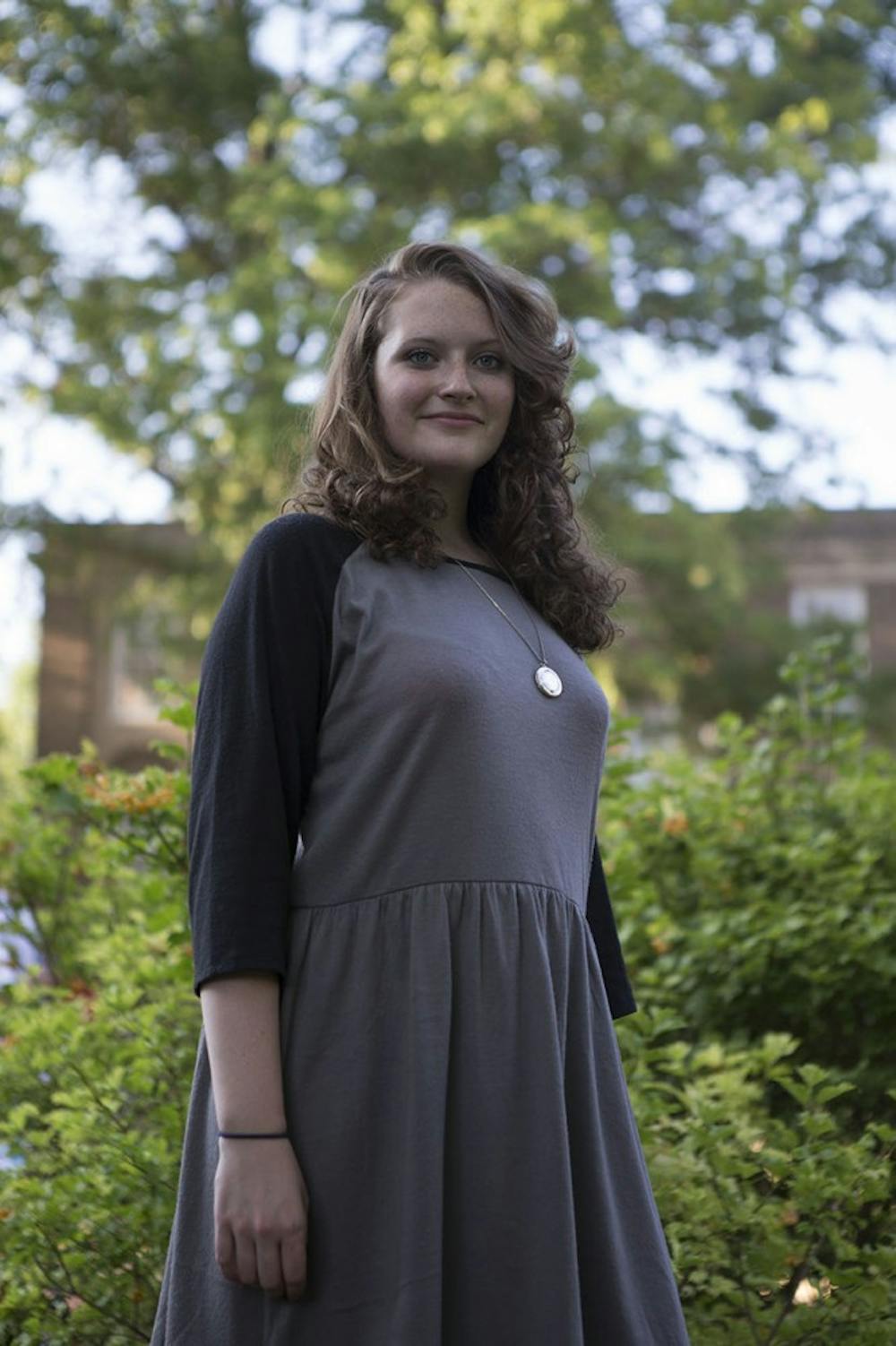The 2004 comedy-drama is worth watching again and again because of its timeless morals.
Ah, 2004. When Lindsay Lohan still had an acting career and you were unironically edgy if you knew all the words to “Boulevard of Broken Dreams” by Green Day.
2004 was a good year for me. Eleven years ago, I was entering second grade and developing my first crush on a boy, and my biggest problem was making sure my Tamagotchi pet didn’t die. Spoiler alert: It died.
Anyways, Mean Girls is a film starring Lindsay Lohan that tells the story about an African transfer student, Cady Heron, and her first year in a public high school. She makes friends with the girls at the top tier of the social food chain and, despite sabotaging them, ends up becoming as shallow and mean as the girls that she was trying to destroy. Cady ends up mutilating her other friendships and becomes the most hated person in the school. However, she takes fault for her own actions and everything turns out better than expected.
The movie is timeless and entertaining for just about every crowd. At least most of the people I used to hang around with in high school got a kick out of Mean Girls. Of course, I may be biased because my friends and I were all part of the artsy/misfit crowd that the movie seems to sympathize with. Janis and Damian, Cady’s “actual” friends, are arguably two of the more sympathetic characters in the film because they’re continually bullied and excluded throughout the film.
However, seeing as Ohio University’s Yik Yak was alight with posts about Aaron Samuels on Oct. 3, I think many more people still remember Mean Girls than my group of quirky friends.
I also believe that Mean Girls’ success, aside from its witty script and three-dimensional characters, comes from the fact that the struggles in the movie are not gender specific despite the main character being a girl. The struggles of upper-middle class teenager are, to a certain degree, very universal.
For example, I was dealing with the problems most 8-year-old girls and boys deal with in second grade: math quizzes, romantic interests and fitting in. The struggle elementary school put me through was real. That same year a movie was released detailing the problems that 16-year-old boys and girls twice my age were dealing with: math quizzes, romantic interests and fitting in.
Despite the age of the characters and seemingly very specific target audience of Mean Girls (high schoolers, girls, ages 14-18), I think this movie is for everyone — even university students who like to think that they are way different from high school students!
I think this all has to stem from the moral of Mean Girls: When you stop thinking you’re better than everyone else and make amends with your enemies, you will be able to find happiness. This idea transcends the high school setting and is useful even in the workplace. To succeed, you have to be comfortable with not only your superiors, but also those on the same level as you.
Redemption comes in all forms. Cady had to take the fall for the burn book, commit “social suicide” by joining the mathletes and admit her mistakes to the whole school before she was forgiven. Janis had to fess up to her plight against Regina George and put herself on the same level as everyone else before she could find a successful relationship with Kevin G. Regina George needed to be hit by a bus before she could find an outlet for her anger in lacrosse.
I think Mean Girls is one of the best films I could ever recommend to anyone ever. I would say go and watch it but, odds are, you already have. In that case, watch it again. It really is that good.
Kaitlyn McGarvey is a freshman studying journalism. What do you think about Mean Girls' message? Email her at km451814@ohio.edu or tweet @McGarveyKaitlyn.






